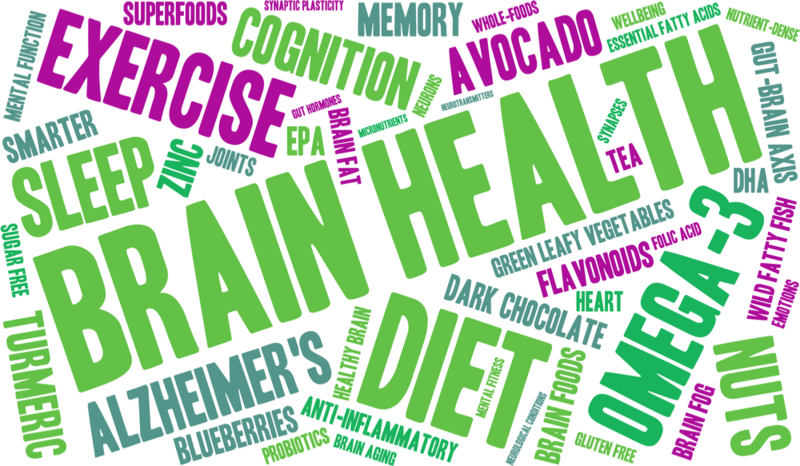Being fit can turn back the brain’s clock: Study
ANI Jun 13, 2018
According to a recent study, being physically active helps to keep your brain younger longer and the rate of decline in certain aspects of memory can be explained by a combination of overall physical fitness and the stiffness of the central arteries

The research was conducted by Swinburne's Centre for Human Psychopharmacology. Lead author Greg Kennedy said that from early adulthood, memory and other aspects of cognition slowly decline, with an increasing risk of developing into dementia in later life. "Exactly why this occurs is unclear, but research indicates that exercise and physical fitness are protective," Kennedy noted. "A healthier, more elastic aorta is also theorised to protect cognitive function, by reducing the negative effects of excessive blood pressure on the brain."
The study investigated whether fitness was associated with better cognition through a healthier aorta. Physical fitness and arterial stiffness assessment one hundred and two people (73 females and 29 males), aged between 60 and 90 years, living independently in aged care communities, were recruited in Melbourne, Australia.
Their fitness was assessed with the Six-Minute Walk test which involved participants walking back and forth between two markers placed 10 metres apart for six minutes. Only participants who completed the full six minutes were included in the analysis, which assessed the stiffness of their arteries and cognitive performance.
"People generally are less fit and have stiffer arteries as they age, which seems to explain the difference in memory ability that is usually attributed to 'getting older'," Kennedy added. Interestingly, physical fitness did not seem to affect central arterial stiffness, however, Kennedy pointed out that only current fitness was assessed.
He concluded that the results indicated that remaining as physically fit as possible, and monitoring central arterial health, might well be an important, cost effective way to maintain memory and other brain functions in older age. The study will be published in the Journal of Alzheimer's Disease.
-
Exclusive Write-ups & Webinars by KOLs
-
Daily Quiz by specialty
-
Paid Market Research Surveys
-
Case discussions, News & Journals' summaries